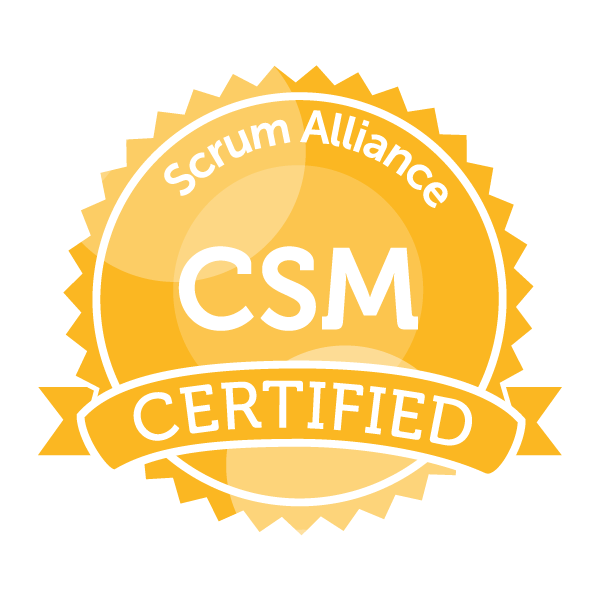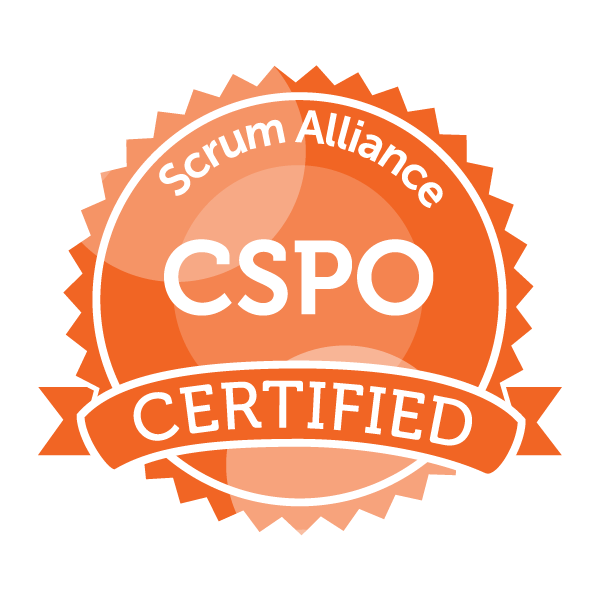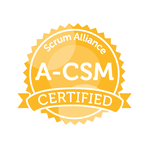Tamara Runyon Establishing clear, cohesive Sprint Goals is a critical practice in Scrum. Without a well-defined Sprint Goal, teams can easily get lost in the myriad of tasks, leading to inefficiency and lack of focus. A Sprint Goal acts as a compass, guiding the team toward a common objective of delivering valuable product increments. Tamara Runyon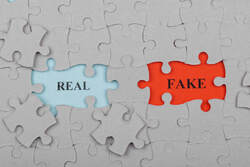 I often have students tell me that one of the key insights they have during my scrum certification classes is that they thought they were practicing scrum at their company, but no, they really are not. One student named it scrum-adjacent practices. I love that description! Scrum-adjacent practices: they sound like scrum on the surface – in general, scrum language is used; but behavior has not really changed. Unleashing the Power of Collaboration: How to Safeguard Your Scrum Team from Outside Distractions8/23/2023
Tamara Runyon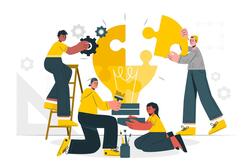 In today's fast-paced business environment, collaboration is key to success. It enables teams to work together efficiently, leverage diverse expertise, and deliver value to customers. When everyone collaborates effectively, the entire team can align their efforts to deliver value to end-users. However, external distractions often prevent teams from reaching their full potential. Tamara Runyon In today's rapidly changing work landscape, remote teams have become the norm rather than the exception. However, managing the flow of communication among remote team members can be challenging; and there are concerns about whether remote work stifles innovation and productivity. This article explores the impact of bursty communication, information diversity, and physiological synchrony in unlocking the performance of remote teams.  If you’re like many of our course participants, you may have been compelled to get your CSM or CSPO certification to advance your career or even change careers altogether. You found the right class, put in your time, and (if you're a CSM) passed the exam. But now what? Leveraging your agile certification effectively can help you maximize its value and open up opportunities in your career. Tamara Runyon As a Scrum Master focused on fostering an environment for my teams where people can fully contribute and innovate, I understand the importance of feeling safe, supported, and valued at work. Psychological safety – the ability to be your authentic self and feel comfortable sharing your thoughts and ideas without fear of judgment or retaliation – has been shown to be a major component of successful teams. Tamara Runyon As a Scrum Master, I have seen the benefits of self-managed teams and how they can lead to increased productivity, better collaboration, and improved job satisfaction. However, fostering a self-managed team is not an easy task. It requires a lot of effort and dedication from the Scrum Master and the team members, as well as cooperation from management.  Are you interested in becoming a Scrum Master but don't know where to begin? You've come to the right place. In this blog post, we'll be exploring the role of a Scrum Master and what it entails. We'll also discuss the common challenges faced by Scrum Masters, the qualities needed to be a successful Scrum Master, and the benefits of having a Scrum Master on a team. Tamara Runyon Remote scrum teams have become the new normal in many workplaces. With the pandemic, remote work has become a necessity, leaving many teams to figure out how to build trust and strong relationships with their colleagues. One of the most important aspects of any successful team is developing psychological safety. Tamara Runyon Anyone who has taken my Certified Scrum Product Owner (CSPO) workshop knows that I admire and use Roman Pichler's ideas and templates. Love his stuff! Why? Because his approach is practical and pragmatic, designed to help product owners get stuff done in ways that that are both strategic and practical, and he supports his ideas with models and templates that are freely available. |
|
MAILING ADDRESS : APMI1630 A 30th Street #510 Boulder, CO 80301-1014
[email protected] | 425.985.4344 |
|
© COPYRIGHT 2022, ADVANCED PROJECT MANAGEMENT, INC. ALL RIGHTS RESERVED.

 RSS Feed
RSS Feed


